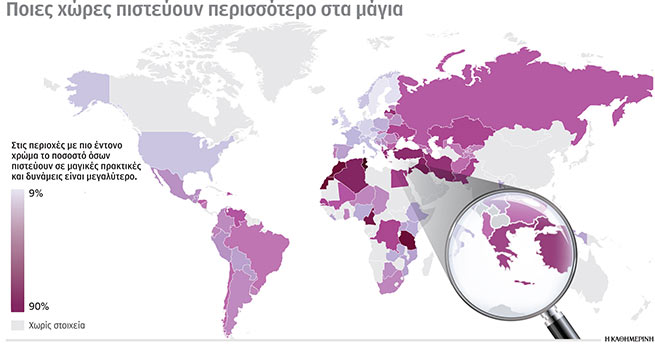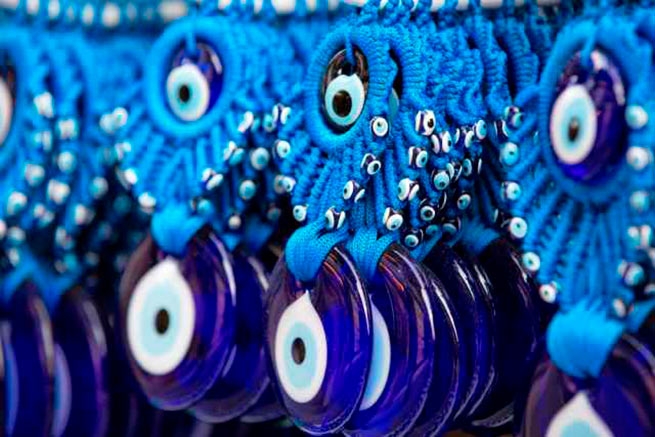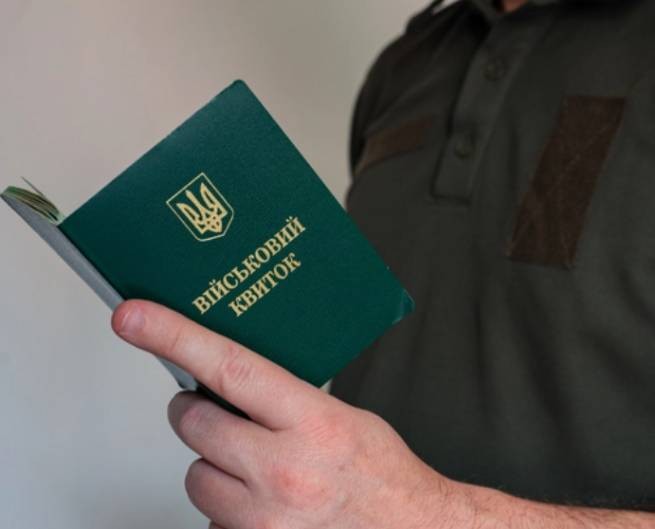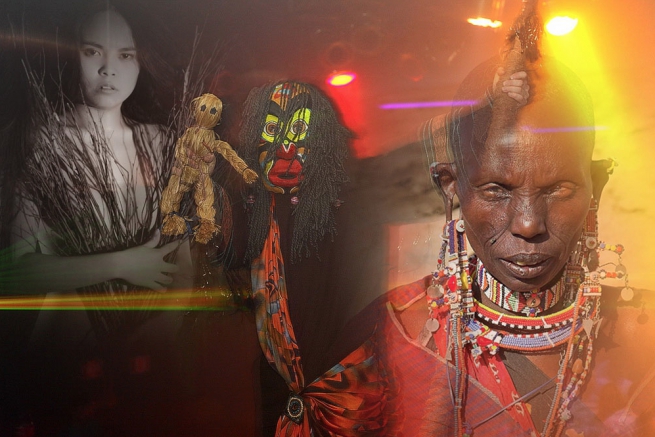Knocking on wood for good and for evil, avoiding a black cat and unraveling the tangles as a remedy for a headache.
While most ordinary citizens in today’s society would readily answer that they don’t believe in witchcraft, the facts say otherwise. Scientific studies show that more than 40% of people, at least 4 out of 10, believe that some people can cast spells or curse someone and harm them. Irrational, supernatural forces that can bring evil and curses leading to suffering still exist, along with the triumphs of science. The study, published in the scientific journal PLoS One, was conducted by the Department of Economics at the American University in Washington, and surveyed more than 140,000 people from 95 countries.
As it turned out, in Greece this percentage was much higher and almost equivalent to that in Turkey. In the rest of Europe, this percentage is significantly lower, especially in Central and Northern Europe. For example, only 9% of Swedes believe in witchcraft. However, they reach up to 99% in some African countries.
More susceptible to the power of magic are clearly people with a lower educational and economic level, but also those who are more religious and belong to large families. It is worth noting that the researchers did not interview in China or India, so the majority of respondents are Muslims and Christians.
However, the differences between social groups are small. People who are very wealthy are only 7% less likely to believe in witchcraft than people who are very poor and are expected to curse their bad luck.

Science reaches the ends of the universe, but cannot overcome human superstition.
Feeling safe
According to the researchers, the observed differences from country to country, and they are large, are associated with citizens’ trust in the political system, institutions and the ability of the state to offer them support. In short, they are related to the citizens’ sense of security. “The weaker modern institutions in a country, the lower the level of social trust among citizens, the lower the level of innovation, and the more conformist the culture, the greater the tendency to believe in magic.”
At the same time that the telescope is photographing the beginning of the universe, an otherwise sane adult takes her child for a walk with a ward against the evil eye, and a woman spits over her left shoulder to ward off misfortune from her own life. What makes people even today, when we are experiencing the triumph of science and technology, believe that their lives are influenced by chthonic forces, curses of enemies and bad energy?

worship of fate
The answer may lie precisely in the conclusions that follow from the processing of data by researchers. “Countries with a higher belief in witchcraft have been found to have lower levels of life satisfaction and a reduced sense of control over the future, as well as a higher degree of fatalism,” it notes. Uncertainty, constant fear lead to the search for a force that will act as an enemy or as a liberation. As absurd as this belief may be, it is at least comforting.
“In times of crisis, we need certainty. The mind cannot give unambiguous answers, and therefore irrationality and fanaticism arises,” says Mr. Stefanos Trakhanas, Ph.D. in Quantum Physics and Differential Equations, Faculty of Physics, University of Crete and founder of Mathesis, an autonomous and self-funded organization.

Irrational thinking leads to delusions
“There is a part of human consciousness that is associated with wild thinking, and not with rationality,” notes historian Nikos Karapidakis (specialization in History of the Medieval West). It is this “part that people still use many times today to cope with the elements of nature or diseases, often even effectively, because they combine the knowledge gained with experience,” emphasizes the professor. “The Christian religion fought against superstition and magic,” he emphasizes, “while itself propagating the concept of a “miracle”.”
The human side of “wild thinking, dominated by emotions, loves witches, magic and opposes everything rational, including science.” A recent striking example is the suspicion of vaccines against coronavirus. The post-coronavirus era has brought a big explosion of irrationality, Mr. Karapidakis stresses. For the first time in a long time, people are faced with an unknown and possibly deadly danger. The historian does not lose sight of the fact that science itself is being manipulated, and this arouses suspicion even among people with knowledge.
Stefanos Trachanas, for his part, believes that part of the responsibility lies with the scientists themselves. “People have come to equate scientific knowledge with the production of consumer goods to satisfy the most greedy species on the planet. However, the spirit of science is a search, a doubt. There are no sacred truths and certainties, science brings upheavals, revolutions.”
The average person cannot easily deal with uncertainty and therefore resorts to the magic and certainty of black and white, no matter how irrational this appeal may be. What we can do; “Let’s not point fingers,” says Mr. Trahanas. – Let’s not blame them, but let’s invite them to provide evidence of what they say. To instill doubt in those who have fallen into an environment that emits unambiguous messages.







More Stories
"Chic, shine, beauty!": what kind of men do women find attractive?
Atmosphere of horror and panic with bed bugs
Experts: How many horrors can we internalize?